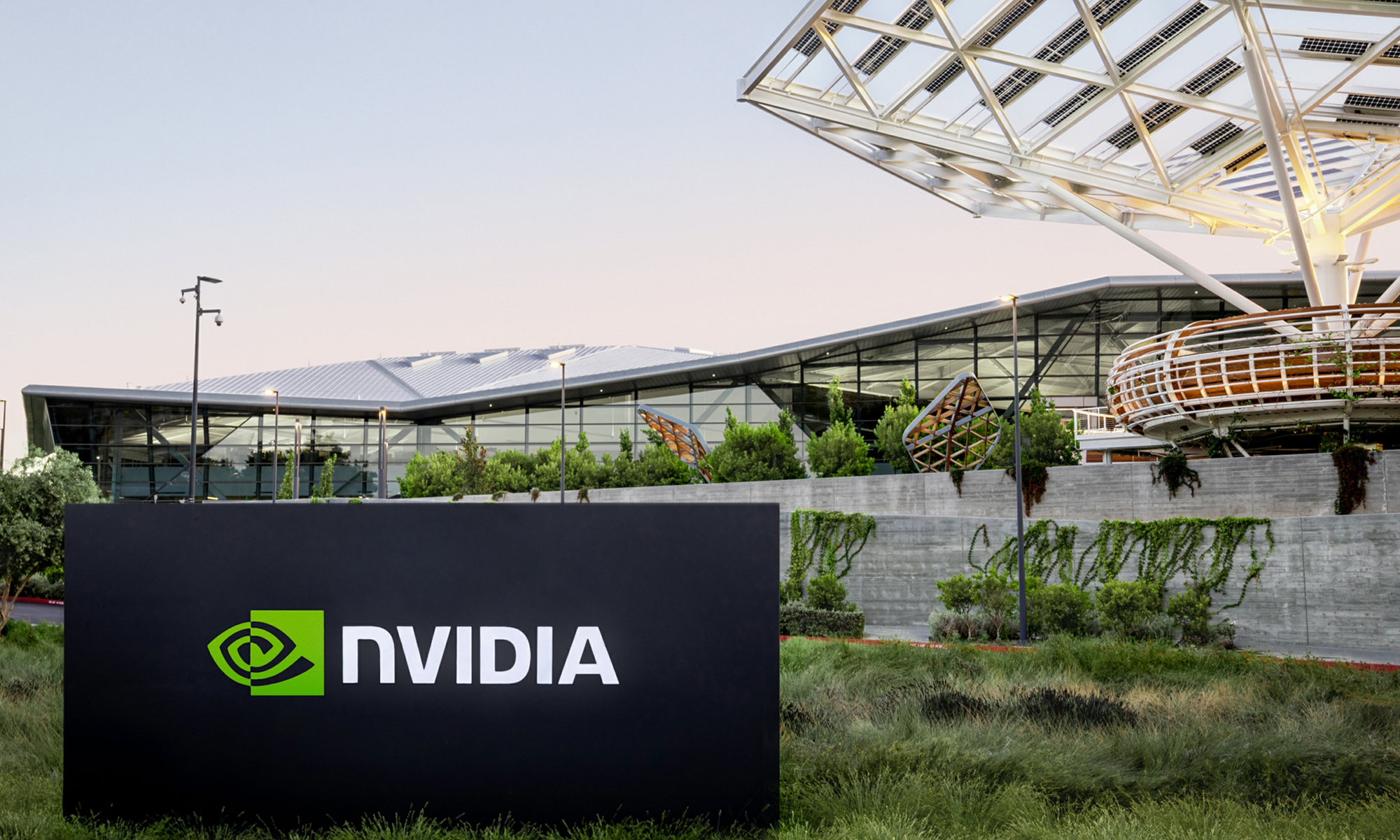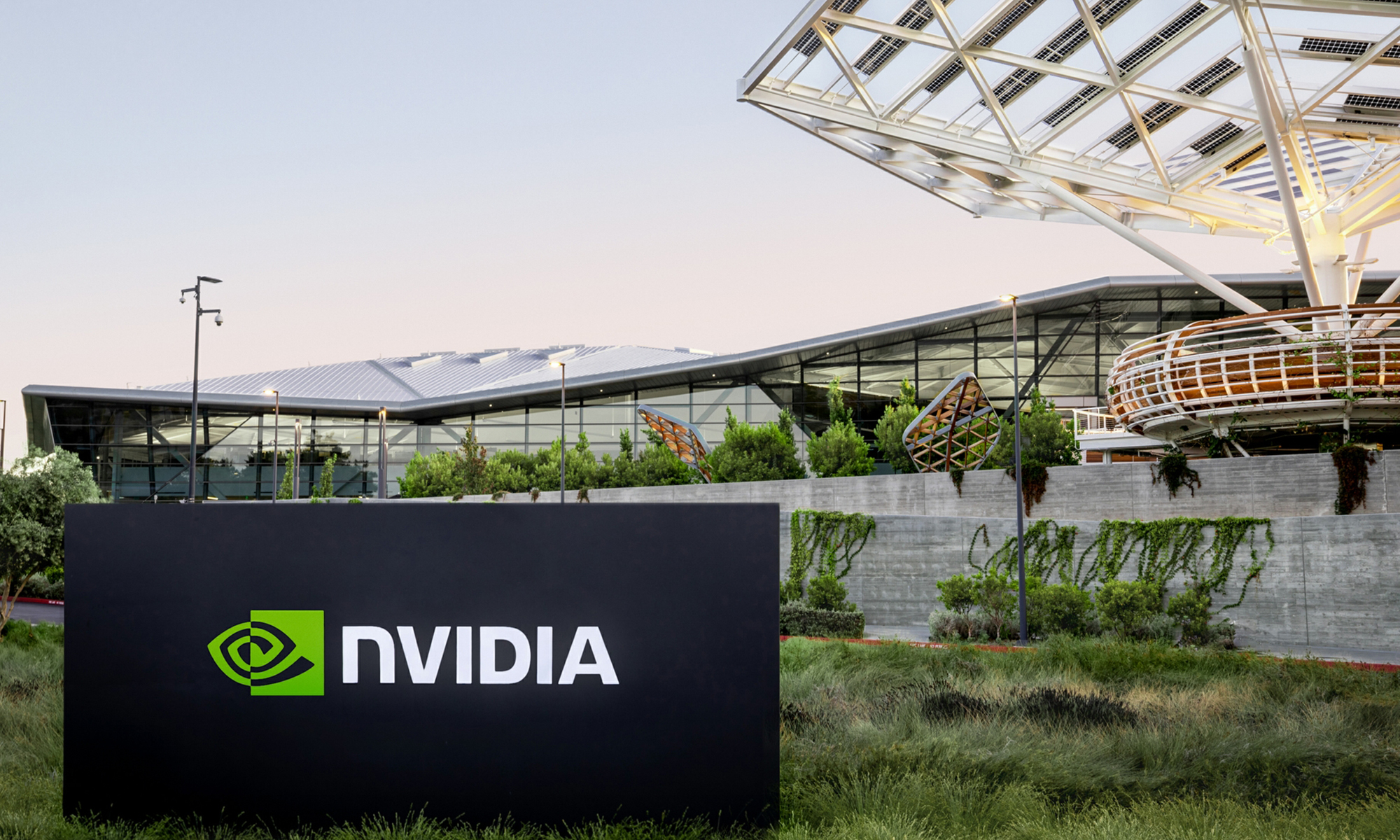Is there such a thing as cheap tech stocks right now? The market continues to pop higher and tech stocks are leading the way, up 25% so far this year. The Nasdaq Composite's forward price-to-earnings ratio, based on projected earnings for the next 12 months, has been rising steadily since March -- at the time it was 23.3, and now it's at 27.5.
You won't find a lot of tech companies with a P/E less than that, but you can find some interesting names that have a forward P/E far below their 10-year mean prices. In fact, several megacap stocks are trading 40% to 70% below their 10-year mean valuations.
Amazon (AMZN 1.02%), Nvidia (NVDA 0.72%), and Netflix (NFLX +0.37%) each show how rising earnings power can outpace a company's stock price -- making these three popular stocks suddenly cheap and affordable compared to their historical values.
Amazon
It's hard to believe that Amazon's been around for a full generation -- the company went public in 1997 as an online seller of books and rapidly spread its wings. Today it's the biggest e-commerce company in the world, with a market capitalization of about $2.4 trillion.
But Amazon is also much more than retail. Its Amazon Web Services (AWS) is the planet's biggest cloud computing platform with a 30% market share, topping Microsoft Azure and Alphabet's Google Cloud. AWS is a money-printing machine for Amazon, generating $10.16 billion in profits in the second quarter, which was more than Amazon's entire e-commerce division.

NASDAQ: AMZN
Key Data Points
Amazon stock used to have a ridiculously high P/E, with the 10-year mean ratio of 147.6 indicating eye-watering levels. But today, Amazon's forward P/E is only 34.1 -- higher than the Nasdaq composite, but an absolute bargain compared to Amazon's 10-year history.
Nvidia
Nvidia is one of the few companies in the world bigger than even Amazon. The chipmaker is the most valuable company in the world with a market value that just topped $5 trillion valuation.
The company got so big because of its leading role in producing graphics processing units (GPUs) that are needed to power high-level computing tasks such as training large language models and operating AI-related programs. Experts peg Nvidia's market share in the data center GPU market at more than 90%.
That's helped the company's annual revenue grow by a whopping 682% in the last five years, and its net profit is up a staggering 1,580%.

NASDAQ: NVDA
Key Data Points
Nvidia stock trades at a premium compared to the Nasdaq, but compared to the company's history, it's reasonably priced. Nvidia's 10-year P/E mean is 60.3, but the stock's forward price-to-earnings ratio is only 42.2 right now.
The message here? Despite factoring in Nvidia's future earnings -- and they are expected to continue to rise -- Nvidia's more attractively valued today than in its recent past.
Netflix
Similarly to how Amazon started off modestly as an online bookseller, Netflix was an online renter of DVDs, which it would ship to customer's homes along with a return envelope. That destroyed brick-and-mortar video rental stores, but Netflix wasn't done yet.
Today it operates the largest streaming service in the world with more than 300 million subscribers. Revenue in the company's third quarter was $11.5 billion, up 17% from a year ago. Net income was $2.5 billion and $5.47 per share. The company's full-year guidance calls for $45.1 billion in revenue, up 16% from 2024.

NASDAQ: NFLX
Key Data Points
Also, like Amazon, Netflix stock experienced some sky-high valuation numbers in the past. It has a forward P/E today of 43.3, which looks much better considering its 10-year P/E mean of 123.5.
Cheap is a relative term
When compared to stocks outside the tech sector, none of these stocks would be considered cheap -- for instance Ford Motor Company has a forward P/E of 12.8, and General Motors is even lower at 6.8.
But those two legacy automakers won't give you the dynamic growth opportunities that you see in tech stocks -- at least, not right now. That's why when looking for good buys in the tech sector, it often pays to see how companies are valued versus their 10-year mean prices. And in that comparison, Amazon, Nvidia, and Netflix are downright bargains.





